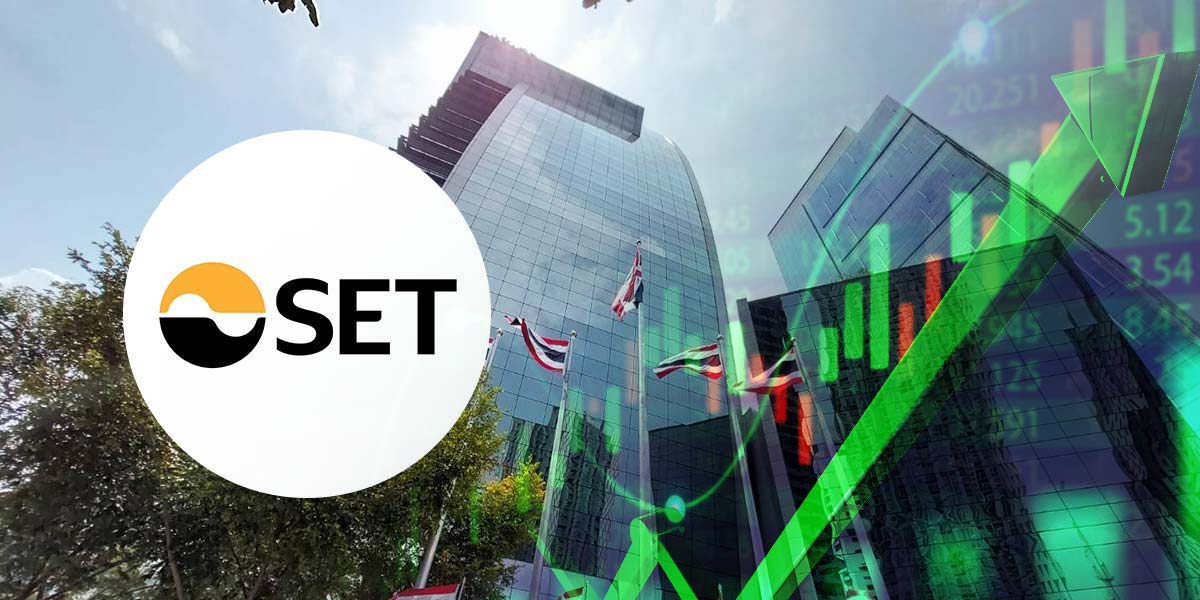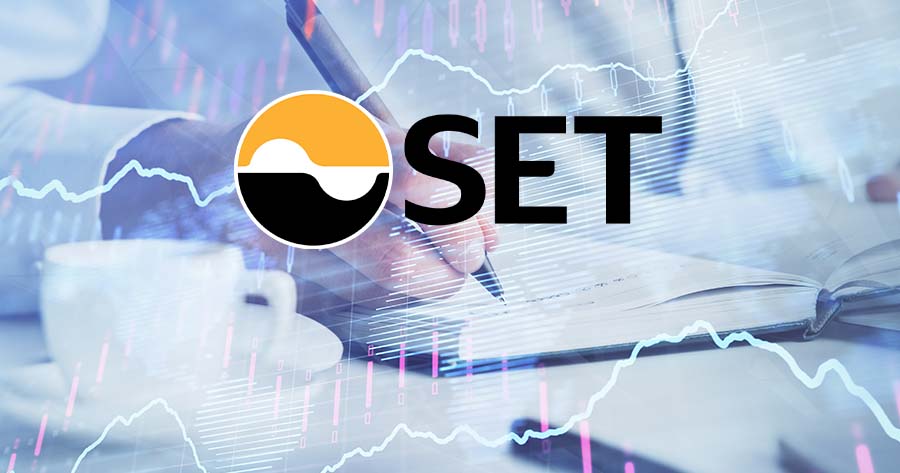Chavinda Hanratanakool, CEO of Krung Thai Asset Management (KTAM) and the Chairman of the Association of Investment Management Companies (AIMC), revealed that institutional investors have recently adopted a more positive outlook towards the Thai stock market and economy for the remainder of this year. This optimism comes as several uncertainties have begun to clear, especially following the selection of the government’s “economic team” under Prime Minister and Minister of the Interior, Anutin Charnvirakul.
Although some economic measures are still under consideration, the Thai market still has significant upside potential. There is confidence that the Stock Exchange of Thailand (SET) index will not fall below 1,200 points. By the end of this year, the SET index is expected to reach 1,350 points, representing an upside of roughly 4.8–5%. In 2026, it is projected to rise further and reach 1,450 points, with an upside of around 12%.
Regarding the case of Fitch Ratings revising Thailand’s credit outlook from “Stable” to “Negative” while maintaining its rating at BBB+, Chavinda commented that this is not new. However, to prevent credit rating agencies from having a more negative view towards Thailand, the Ministry of Finance will play a crucial role in reducing the public debt ceiling to a more appropriate level, especially by increasing revenue. If additional revenue cannot be generated, the government must reduce unnecessary expenditures that are not beneficial to the country in the long term.
Additionally, AIMC and the Federation of Thai Capital Market Organizations (FETCO) are preparing to meet with Dr. Ekniti Nitithanprapas, Minister of Finance and Deputy Prime Minister, to discuss strategies for capital market development. At the same time, AIMC is proposing an extension of the Super Savings Funds (SSF), which are set to mature in 2025, after initial discussions with Lavaron Sangsnit, Permanent Secretary of the Ministry of Finance.
Chavinda, speaking as KTAM’s representative in managing the Vayupak Fund 1 (VAYU1), reported the latest return at 4.5%. This was achieved by adjusting the investment portfolio to align closely with current investment conditions, through diversification across multiple sectors—particularly those linked to GDP growth, such as retail and high-dividend stocks—while avoiding export and tourism sectors.
Yernyong Thepjumnong, Senior Director of Equity Funds Management at KTAM, stated that the company has adjusted its target for the SET index at the end of 2025 to 1,350 points, an upside of about 4.8–5% from current levels.
He further assesses that in 2026, the index could reach 1,450 points—an upside of approximately 12%. This outlook is supported by increased political clarity and expected economic stimulus measures which are anticipated to continually improve the investment climate. Moreover, Thai equities remain appealing in terms of valuation and are not currently overpriced.





